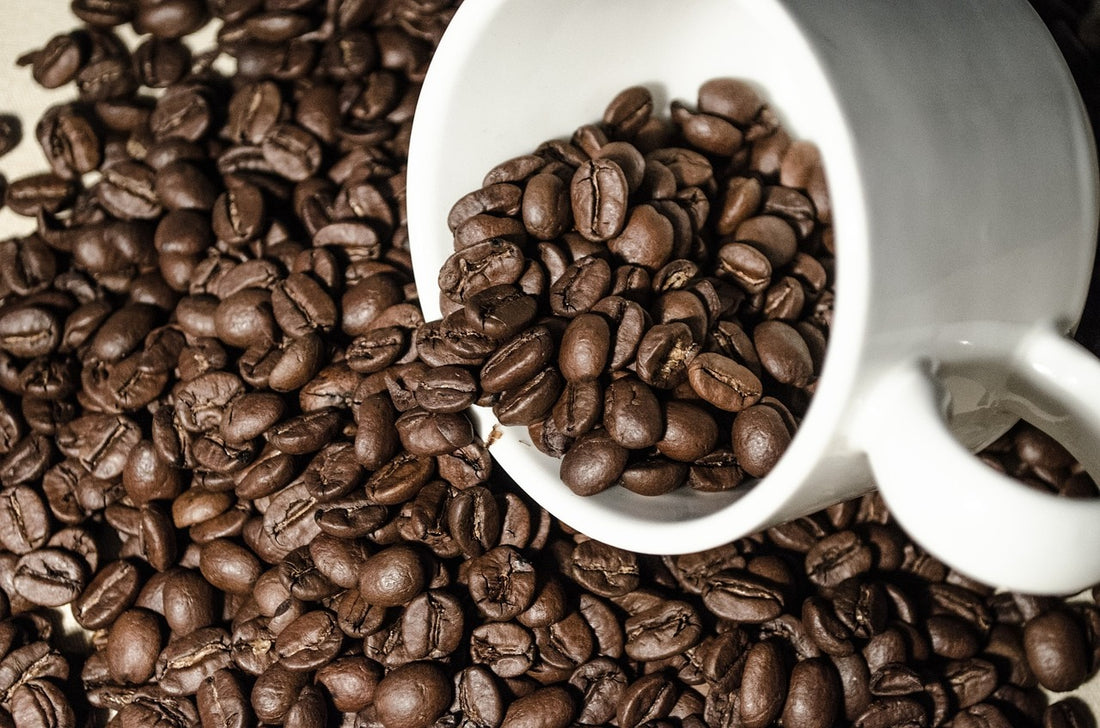
The World of Decaf Coffee: Processes and the Importance of Water Processing
Share
- For many coffee lovers, the allure of decaffeinated coffee lies in its ability to deliver all the delicious flavors of coffee without the stimulating effects of caffeine. But how does coffee become decaffeinated, and why does the process matter? Among the various decaffeination methods, the water process has emerged as a standout for its natural approach and ability to preserve the bean's integrity and flavor. Here’s a closer look at the key decaf coffee processes and why the water process is so highly regarded.
Decaf Coffee: An Overview
Decaffeination is the process of removing most of the caffeine from green coffee beans before they are roasted. Typically, this involves removing 97% or more of the caffeine, leaving behind a bean that retains much of its original flavor profile. However, the method used to decaffeinate can significantly influence the final taste of the coffee.
Decaffeination Methods
There are four primary methods of decaffeinating coffee, each with its unique approach:
1. Direct Solvent Process
In the direct solvent method, green coffee beans are steamed to open their pores and then soaked in a solvent—typically methylene chloride or ethyl acetate—which selectively removes the caffeine. The solvent is later removed, and the beans are steamed again to ensure no residual chemicals remain.
- Pros: Cost-effective and efficient.
- Cons: Some coffee enthusiasts are wary of chemical use, even though the solvents are generally recognized as safe and leave no trace after processing.
2. Indirect Solvent Process
This method also uses solvents but involves soaking the beans in hot water first to extract the caffeine and other soluble compounds. The water is then treated with the solvent to remove the caffeine before being reintroduced to the beans, reabsorbing the coffee’s flavor compounds.
- Pros: Preserves flavor better than the direct method.
- Cons: Still involves chemical solvents.
3. Carbon Dioxide (CO2) Process
In this method, green coffee beans are placed in a sealed container and subjected to liquid CO2 under high pressure. The CO2 acts as a solvent, drawing out caffeine while leaving the other compounds intact.
- Pros: Chemical-free and highly effective at preserving flavor.
- Cons: Expensive and requires specialized equipment, making it less common.
4. Swiss Water Process (Water Process)
The Swiss Water Process, or water process, is a chemical-free method that relies on water, temperature, and time to remove caffeine. Green coffee beans are soaked in hot water to dissolve caffeine and flavor compounds. The water is passed through an activated carbon filter that captures caffeine molecules while allowing the flavor compounds to remain in the solution. This flavor-saturated water is then reintroduced to a new batch of green beans, which enables the beans to lose caffeine without losing flavor.
- Pros: Completely natural and chemical-free, ideal for those seeking an environmentally friendly and health-conscious option.
- Cons: Slightly more expensive due to the meticulous process.
Why the Water Process Matters
The water process is important for several reasons:
1. Health and Safety
For those concerned about the use of chemicals in their food, the water process offers peace of mind. It is 100% natural and avoids the use of solvents entirely, ensuring the coffee is as pure as possible.
2. Flavor Preservation
Unlike some methods that can strip away important flavor compounds along with the caffeine, the water process excels at preserving the original flavors of the coffee bean. This makes it an excellent choice for single-origin coffees, where the bean’s unique characteristics are paramount.
3. Environmentally Friendly
The Swiss Water Process is sustainable, using only water and renewable resources. This makes it an appealing option for environmentally conscious consumers.
Choosing the Best Decaf Coffee
If you’re looking for a high-quality, naturally processed decaf coffee, the Single-Origin Mexico Decaf Cali Roast Series by BS Coffee Roasters is an excellent choice. This coffee is processed using the Mountain Water Process, ensuring a clean, flavorful cup with no chemical residues. The Mexico Decaf boasts notes of chocolate, citrus, and nuts, making it a standout option for coffee lovers who want all the taste without the caffeine.
